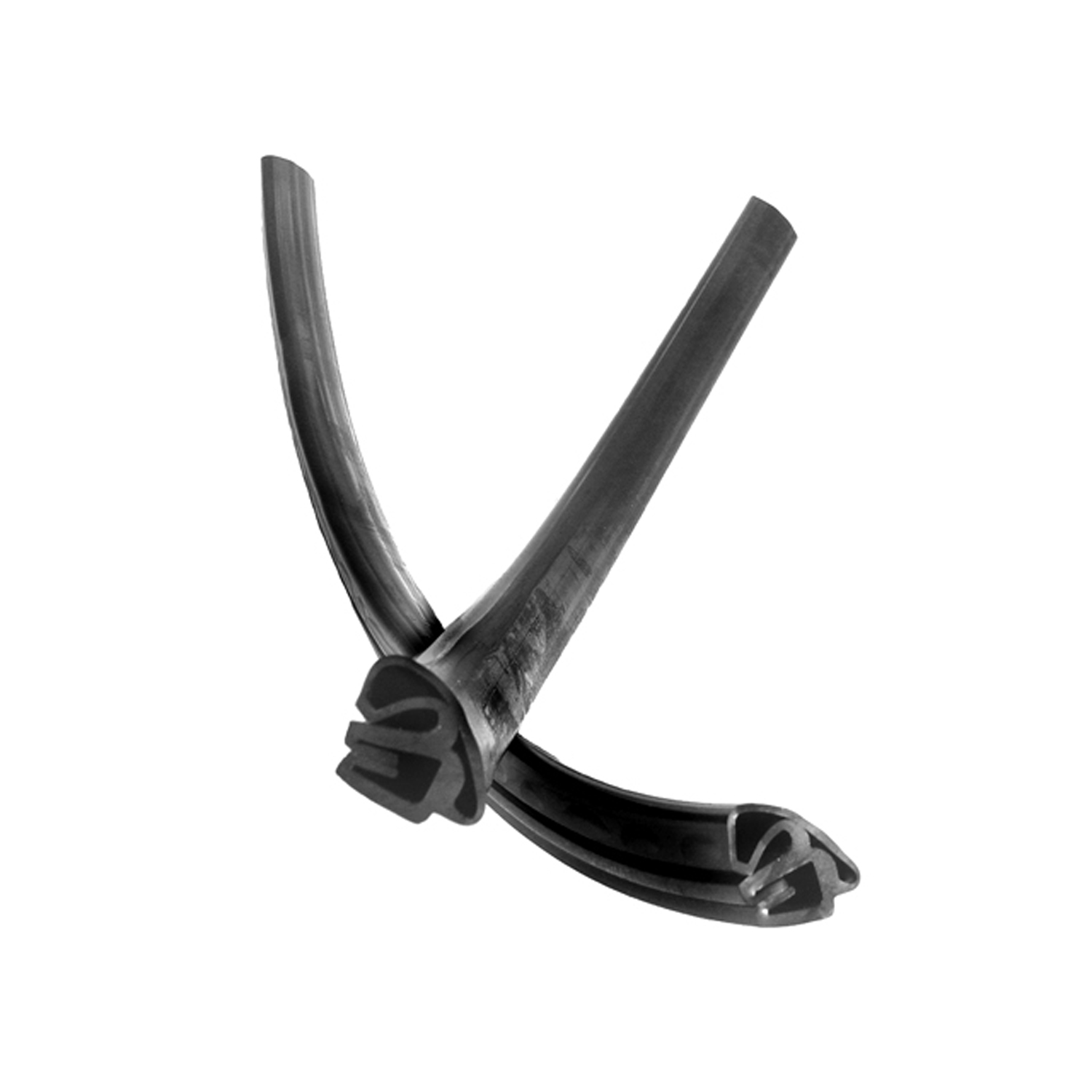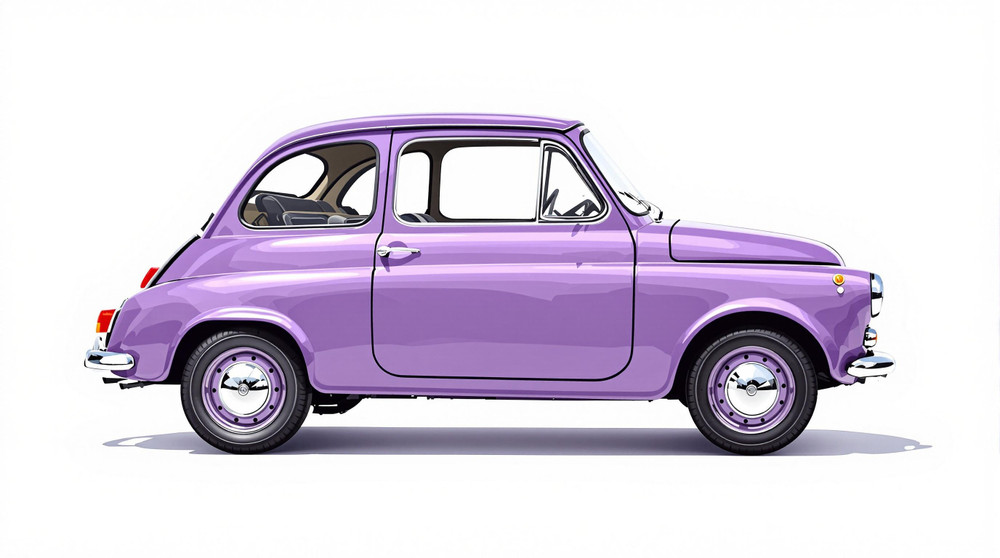Image of 1954 Fiat 600, Note: These illustrations use artistic license and may differ from actual historical models.
Performance Metrics
Fundamental Metrics
Emotional Appeal
MMP Rating
| Engine Specifications | |
|---|---|
| Engine: | Inline 4 |
| Displacement: | 633 cc |
| Horsepower: | 21.5 hp at 4600 rpm |
| Torque: | 30 Nm at 2500 rpm |
| Compression Ratio: | 6.8:1 |
| Ignition System: | Coil ignition |
| Cooling System: | Water-cooled |
| Performance Specifications | |
| 0-60 Time: | 59 seconds |
| 1/4 Mile Time: | Not available |
| Top Speed: | 59 mph |
| Transmission and Drive | |
| Drive Type: | Rear-wheel drive |
| Transmission Type: | 4-speed manual |
| Fuel and Efficiency | |
| Fuel System Type: | Carburetor |
| MPG: | 40 mpg |
| Dimensions and Brakes | |
| Brakes: | Drum brakes |
| Wheelbase: | 78.7 inches |
| Weight: | 1,212 lbs |
Note: Specifications for classic cars are given to the best of our ability, considering the limited and variant data available.
Unveiling the Charm of the 1954 Fiat 600
The year 1954 heralded the arrival of an automotive icon: the Fiat 600. Born in the bustling post-war era, this Italian marvel was Fiat's answer to the growing demand for economical and practical transportation. Crafted by the distinguished designer Dante Giacosa, the Fiat 600 emerged as a beacon of innovation, swiftly becoming one of Italy's most beloved automobiles. Its debut not only marked a new chapter for Fiat but also signaled a shift in urban mobility, with its compact design perfectly suited to the narrow streets of European cities.
Design and Innovation
The exterior of the Fiat 600 was a symphony of simplicity and functionality, with its rounded silhouette and friendly face capturing hearts at first glance. The car's diminutive stature concealed a surprisingly spacious interior, thanks to its rear-engine layout—a pioneering move that maximized cabin space. Inside, occupants were greeted by a modest yet inviting environment, where metal surfaces gleamed alongside upholstery that spoke of humble elegance.
Technologically, the Fiat 600 was ahead of its time, boasting features like independent suspension and a water-cooled engine that set it apart from competitors. Color options ranged from understated pastels to vibrant hues, reflecting the exuberance of the era, with shades like 'Azzurro' and 'Rosso' becoming crowd favorites. While several body styles were offered throughout its production run, it was the classic two-door sedan that became emblematic of the model's charm.
Historical Significance
The Fiat 600 didn't just capture market share; it captured imaginations. It played a pivotal role in mobilizing the masses, much like Ford's Model T had done decades earlier. Its affordability and practicality made car ownership accessible to many who had never dreamed it possible, while its innovative rear-engine design would inspire generations of small cars to come.
Performance and Handling
With a top speed that flirted with 60 mph and an acceleration time from 0-60 mph that was modest by today's standards but sprightly for its time, the Fiat 600 wasn't about raw power—it was about zestful agility. Its handling characteristics were nimble enough to navigate cobblestone alleys with ease, offering drivers an engaging experience behind the wheel. The thrum of its modest engine was a soundtrack to many an Italian adventure, while its ride quality provided an authentic feel of the road beneath.
Ownership Experience
The Fiat 600 found its way into various facets of life—serving as a dependable daily driver for some, while others cherished it as a showpiece or even engaged in spirited racing competitions. Maintenance was straightforward enough to allow average owners to undertake repairs themselves—a testament to its design philosophy centered around practicality and simplicity.
Fun Facts
This plucky Italian runabout has seen its fair share of limelight—gracing silver screens and being favored by celebrities alike. While not known for breaking speed records, it did set benchmarks in sales and production numbers. Despite criticisms over time regarding limited power or creature comforts compared to modern vehicles, its charisma remains undeniable.
Collector's Information
Today, the value range for a well-preserved 1954 Fiat 600 can vary widely based on condition and provenance. With over one million units produced during its entire production run, rarity is more often associated with specific models or those in exceptional condition. In terms of appreciation, well-maintained examples have seen a steady increase in value among collectors who cherish their historical significance.
Conclusion
The 1954 Fiat 600 stands as more than just another classic car; it is a symbol of ingenuity and accessibility that reshaped automotive culture. Its legacy endures in every compact car that prioritizes space efficiency and economy over opulence—a testament to Giacosa's vision that continues to resonate through time.
1954 Fiat 600 Catalog of Parts
 1954 Fiat 600 Vertical Seals. Pair-VS 20Vertical Seals. Pair
1954 Fiat 600 Vertical Seals. Pair-VS 20Vertical Seals. PairWhy Choose Metro?
For over 100 years, Metro Moulded Parts has been the pinnacle of quality in classic car restoration parts. Our commitment to precision and authenticity in every component ensures a perfect fit and an OEM-level appearance.
- Expert Craftsmanship & Quality: Each part is a testament to our dedication to reliability and perfection, crafted from original designs and thoroughly tested.
- Advanced Technology: We use cutting-edge techniques to create flawless, long-lasting parts that surpass others in performance.
- SuperSoft Sponge – The Ultimate Door Seal: Not only are our door seals 30% softer than competitors', but they're also guaranteed to never leak. They effectively reduce wind and road noise, enhancing your classic car's comfort and driving experience.
- Proudly American: Our parts are a product of American craftsmanship, made in the USA with a spirit of excellence and heritage.
- Unrivaled Warranty: We back our products with a 30-year industry-leading warranty, a testament to our confidence in their quality.
Join us in preserving the legacy of classic cars with parts that are crafted for perfection, not just made.

